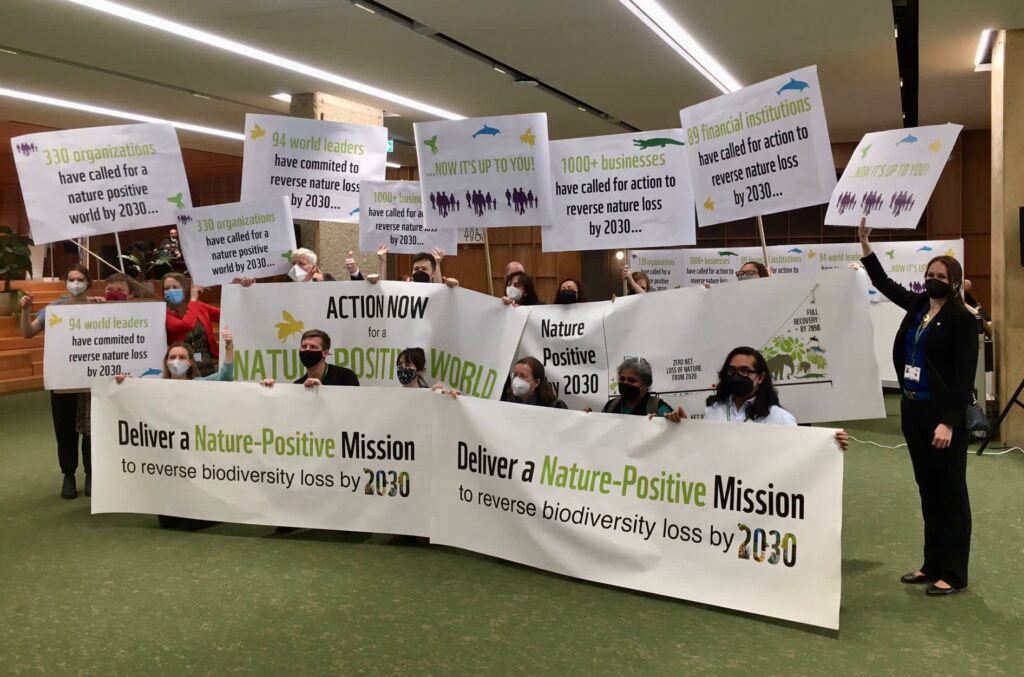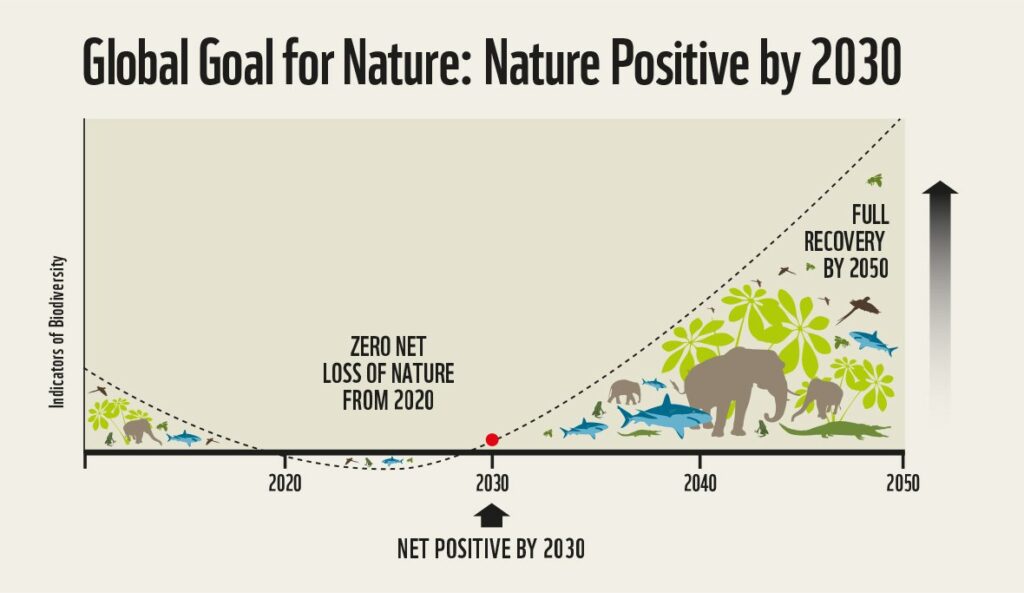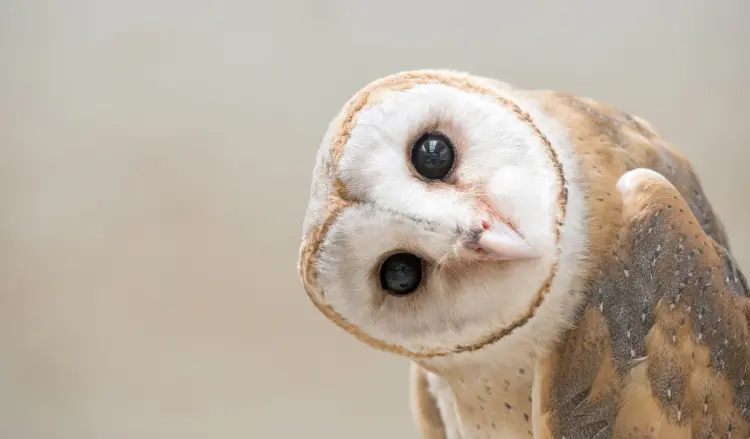Time is running out: organisations demand greater ambition at UN Biodiversity talks now

Live from the UN biodiversity meetings in Geneva, the BirdLife policy team urgently calls for governments to raise ambition and act for people and planet by calling for a ‘nature-positive’ world by 2030
Live from the UN biodiversity meetings in Geneva, the BirdLife policy team urgently calls for governments to raise ambition and act for people and planet by calling for a ‘nature-positive’ world by 2030
To say 2022 is an important year for the future of our planet is an understatement. Later this year world leaders will adopt a new agreement at the UN Biodiversity talks (CBD COP15) in Kunming, China. This agreement is called the post-2020 Global Biodiversity Framework, and it is imperative that it is both ambitious in its action to protect and restore species and ecosystems, and transformative in terms of society’s relationship with nature.
Implementation of this framework is likely to be our last chance to halt and reverse biodiversity loss and put us on the path towards a ‘nature-positive’ world by 2030. As well as preventing species extinctions, this is essential to address climate change and deliver the UN Sustainable Development Goals. In short, it’s a ‘now or never’ opportunity to ensure the future of life on our planet.
As Melanie Heath, Director of Science & Policy at BirdLife International, said at a press event today: “These global talks to define the world’s next 10-year strategy for nature are critical, yet are advancing too slowly. Nature is in crisis and time is running out. We urge negotiators to embrace ambition and drive forward momentum apace to realise a nature-positive world for people and planet.”
A BirdLife team are nearing the end of a marathon two-and-half weeks of full-time negotiations in Geneva, Switzerland. After four years of start-stop negotiations, hampered by COVID, this is a critical phase to agree this framework in preparation for COP15 in Kunming. Comprising the BirdLife policy team, RSPB, and NABU (our Partners in the UK and Germany), the BirdLife delegation is actively participating in person together with several other Partners from around the world including BirdLife Australia, Nature Kenya, Nigerian Conservation Foundation and SEO/BirdLife (Spain) working remotely.
“It’s a gruelling schedule, with some delegations of just one or two people having to manage 14-hour days across multiple concurrent meetings, and just a single day off in 16 days of negotiations,” says Noelle Kumpel, BirdLife’s Head of Policy, reporting from a tiny break in proceedings. “This is undoubtedly a complex process but we are still not seeing sufficient ambition or progress.”
Global call to action
Earlier this week, BirdLife International and 20 BirdLife Partners were part of a group of over 300 organisations who signed a global call to action asking governments to strengthen the first draft of the Global Biodiversity Framework so that it commits to reverse the loss of nature by 2030. This is essential to help secure a global society that is nature-positive, equitable (a greater focus on the recognition of rights of Indigenous Peoples, local communities and wider society), and with net-zero emissions (in accordance with the Paris Agreement).
Today BirdLife International, Conservation International, The Nature Conservancy, Wildlife Conservation Society, WWF, and Yellowstone to Yukon were among the organisations hoisting banners in the atrium of the International Conference Centre Geneva calling for leaders to stand by their multiple promises to reverse biodiversity loss and secure a nature-positive world this decade.
This means that negotiators need to urgently step-up ambition in Geneva and ensure that the framework’s headline Mission includes “nature-positive by 2030”*. This would provide a guiding light and clear overarching goal for the rest of the biodiversity framework. With over 90 Heads of State calling for a nature-positive goal of halting and reversing the loss of biodiversity by 2030 at the UN General Assembly in April, and through commitments such as the Leaders’ Pledge for Nature, delegations here need to remember – and be enabled by – this top-level poitical mandate.
Amy McDougall, BirdLife’s Global Biodiversity Policy Co-ordinator, says: “Climate change has a clear goal of 1.5oC of warming. We want to ensure that there is an equivalent goal for biodiversity – that’s why “nature-positive by 2030” is critical to the framework’s Mission.”
“These global talks to define the world’s next 10-year strategy for nature are critical, yet are advancing too slowly. Nature is in crisis and time is running out. We urge negotiators to embrace ambition and drive forward momentum apace to realise a nature-positive world for people and planet.”
Melanie Heath, Director of Science & Policy at BirdLife International
“Climate change has a clear goal of 1.5oC of warming. We want to ensure that there is an equivalent goal for biodiversity – that’s why “nature-positive by 2030” is critical to the framework’s Mission.”
Amy McDougall, BirdLife’s Global Biodiversity Policy Co-ordinator

What governments need to do
BirdLife is particularly focussed on securing a transformational Global Biodiversity Framework that is underpinned by outcome-orientated goals and milestones, action-orientated targets, and supportive enabling conditions. This must be underpinned by a rights-based approach, include a strong package to recover species and ecosystems through both conservation actions and addressing the key direct drivers of biodiversity loss, and establish an implementation plan and resources commensurate with its delivery.
“By the end of these talks a clear work plan needs to be agreed by governments, showing how negotiators will resolve the large number of issues that are still outstanding”, says Heath. “We urge Parties to step up to ensure all the blocks are in place to agree an ambitious new deal in Kunming and turn words into action as we work together in every corner of society to urgently implement and achieve these goals and targets and put this into practice.”
The Global Biodiversity Framework will be a plan for all of society to implement – governments, business, NGOs, finance institutions. The BirdLife Partnership will be integral to delivery – as the world’s largest nature conservation partnership, with local roots and global reach informed by internationally-recognised science, BirdLife is uniquely placed to help guide and develop the framework and mobilise support for its implementation.
The impacts of this failure to protect nature are now threatening not only our well-being but our very survival. It’s not too late to transform our relationship with nature, but it’s urgent: we need a transformational new framework to better safeguard, conserve and restore biodiversity for people and the planet.
* ‘Nature-positive’ means: halting and reversing nature loss by 2030, with full recovery by 2050, measured from a reference point of 2020 and tracked through improvements in species extinction risk and population abundance and ecosystem extent and integrity.
Find out more about BirdLife’s work on the Post-2020 Global Biodiversity Framework
Press: Civil society demonstration to demand greater ambition at UN Biodiversity talks
Nature Positive: global call to action
Press: Environmental groups urge UN biodiversity talks to embrace a ‘Nature-Positive by 2030’ goal
Joint NGO statement on state of play in the UN Convention on Biological Diversity (CBD) negotiations
Latest Posts
Stay up to date
Sign up to receive the latest bird conservation news. You’ll also receive updates about our projects, science and other ways to get involved including fundraising.
Thank you for your support, we are committed to protecting your personal information and privacy. For more information on how we use your data, please see our Privacy Policy. You can unsubscribe from emails at any time by using the link in the footer of any email from us.




